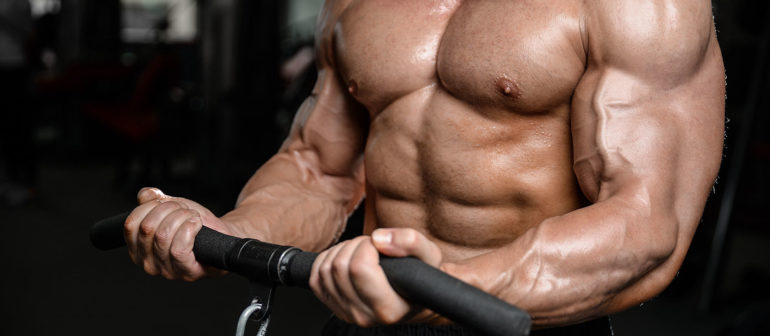Description of the active substance - MESTEROLONUM
A synthetic analogue of the male sex hormone testosterone. Mesterolone has the properties of testosterone, but unlike it is not inactivated in the liver when taken orally. Used for replacement therapy. Normalizes sexual function, stimulates the growth, development and function of the genital organs with underdevelopment of the male gonads (primary prepubertal hypogonadism) and secondary sexual characteristics. Increases the ability to fertilize in some forms of male infertility caused by oligospermia and Leydig interstitial cell insufficiency. These properties are used for differential diagnosis (androgenic test) in determining the cause of male infertility. Mesterolone has a positive effect on spermatogenesis and sperm activity in oligo-, astheno- and teratospermia. Possesses moderate anabolic properties, promotes the normalization of nitrogen and phosphorus metabolism in violation of protein anabolism, stimulates erythropoiesis. The androgenic and anabolic properties of mesterolone contribute to the elimination of the symptoms of androgen deficiency accompanying the aging process, such as decreased performance, fatigue, weakening of memory, attention, impaired libido and potency, sleep disorders, irritability, depressive states and psychovegetative disorders. In therapeutic doses, it practically does not affect the production of gonadotropic hormones by the pituitary gland, does not inhibit the production of endogenous testosterone, and therefore does not cause the development of a withdrawal syndrome. A few hours after ingestion, the concentration of the active substance in the blood plasma reaches a level close to the concentration of natural testosterone. The drug does not undergo rapid metabolism in the liver. Most of mesterolone is excreted in the form of metabolites (mainly 17-ketosteroids) in the urine, in small quantities in the feces. Unlike testosterone, mesterolone is not metabolized in the body to compounds with estrogenic activity. Mesterolone binds more strongly to testosterone with testosterone-binding globulins. Well tolerated, does not have a negative effect on the main functions of the liver.

INDICATIONS
All types of disorders due to a deficiency in the production of endogenous androgens in men. In particular, treatment for psychovegetative disorders; age-related decrease in libido and potency; violations of potency at a young age caused by dysfunction of the gonads, overwork and nervous exhaustion, underdevelopment of the gonads (hypogonadism); male infertility due to oligospermia and Leydig cell deficiency. Used to stimulate erythropoiesis in aplastic anemia, as well as in renal anemia.

APPLICATION
with psychovegetative disorders or decreased potency at the beginning of treatment, 25 mg is prescribed orally 3 times a day, after the therapeutic effect is achieved, the dose can be reduced to 25-50 mg / day, the duration of the course of treatment is set individually, usually it is several months. Moderate forms of hypogonadism: appoint 12.25-25 mg 2-3 times a day, in more severe cases - 25-50 mg 3 times a day, when the effect is achieved, the dose is reduced by 2 times. Treatment of male infertility: used during the full cycle of spermatogenesis (about 90 days), 25 mg 2-3 times a day, if necessary, the course of treatment is repeated after a 3-4-week break. To increase the concentration of fructose in semen in case of Leydig cell deficiency: 25 mg 2 times a day for several months.